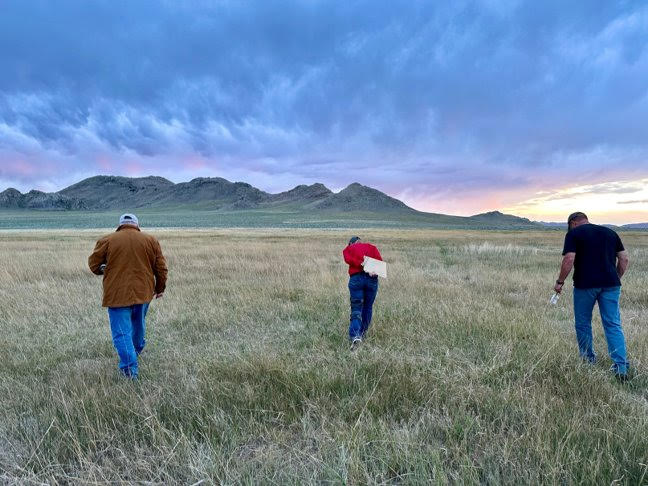Every year, National Agriculture Day serves as a reminder of the essential role agriculture plays in our daily lives. It is a day dedicated to recognizing and appreciating the farmers, ranchers, and agricultural workers who work tirelessly to provide food, fiber, and fuel for our nation and beyond.
Agriculture is the backbone of our society, supporting the economy, sustaining communities, and ensuring food security. From the fields of family-owned farms to vast operations that feed millions, agriculture touches every aspect of our lives. Without agriculture, we would not have access to fresh fruits and vegetables, grains, dairy, meat, or the many other agricultural products that contribute to our well-being.
The Role of Farmers and Ranchers
Farmers and ranchers are at the heart of agriculture. Their dedication, resilience, and hard work ensure that we have a stable food supply, even in the face of challenges such as climate change, economic pressures, and shifting consumer demands. Their efforts contribute not only to our plates but also to the global economy and rural development.
Wyoming Association of Conservation Districts: Supporting Agricultural Conservation
The Wyoming Association of Conservation Districts (WACD) is a nonprofit organization representing Wyoming’s 34 local conservation districts and their 170 elected board members. Established in 1941, WACD operates under the philosophy that conservation decisions are best made at the local level, with support from federal, state, and local governments, as well as the private sector.
Our Mission and Objectives
WACD’s mission encompasses several key objectives:
- Soil and Water Conservation: Promoting practices to prevent soil erosion and protect water quality.
- Wildlife Habitat Preservation: Enhancing and preserving habitats to support Wyoming’s diverse wildlife.
- Resource Management: Encouraging the wise use of natural resources to maintain the state’s ecological balance.
- Public Welfare: Safeguarding the health, safety, and general welfare of Wyoming’s citizens through responsible conservation efforts.
Because of the importance of agriculture to Wyoming’s open space, wildlife habitat, customs, and culture, conservation districts have the responsibility to work with agriculture to assist in conserving natural resources while maintaining a stable tax base and providing for a secure and stable agricultural industry.
Water Conservation: A Vital Effort
Water is a precious resource in Wyoming’s arid climate, and ensuring high water quality is a top priority for farmers and ranchers. When water quality issues arise, landowners often turn to their local conservation district for advice, assistance, and funding. Together, they ensure good, abundant water supplies for livestock, wildlife, and people.
One priority area for local efforts includes watershed assessment, planning, and implementation. These locally driven, community-based efforts bring together landowners and stakeholders to address resource concerns and develop solutions. Best management practices (BMPs) resulting from these efforts have included:
- Installing off-stream watering facilities for livestock and wildlife
- Erosion control
- Invasive species removal and control
- Streambank restoration
- Wetland enhancement and restoration
- Livestock waste management
- Grazing management practices
- Fencing projects
- Replacing irrigation diversions
Through its dedicated efforts in promoting soil and water conservation, wildlife habitat preservation, and sustainable resource management, WACD plays a vital role in maintaining the ecological health and overall well-being of Wyoming’s agricultural economy and communities.
A Call to Support Agriculture and Conservation
As we celebrate National Agriculture Day, let us remember the importance of agriculture in our lives and continue to support the individuals who make it possible. Their dedication not only sustains us today, but also secures a brighter future for generations to come.
To learn more about how conservation districts across Wyoming support agricultural operations and conserve natural resources, visit www.conservewy.com.
####
WACD – 2025


